Have you ever considered purchasing a flex-fuel vehicle? Or maybe you're curious about what makes these cars unique? Whether you're already interested or just starting to explore the idea, this article covers everything you need to know about flex-fuel vehicles. A flex-fuel vehicle operates similarly to a conventional car, with one key distinction: it can run on two different types of fuel. These include: This ethanol-based fuel is commonly referred to as E85. Typically, flex-fuel vehicles feature a yellow gas cap and specific badges to indicate their compatibility with E85. As an owner of a flex-fuel vehicle, you have the flexibility to choose between regular gasoline and E85 at the pump. We initially discussed flex-fuel vehicles back in 2014, noting that there were approximately 7 million flexible fuel vehicles on the road at that time. By 2017, this figure had surged to 22 million. Today, the trend shows no signs of slowing down. President Biden's initiative to reduce net greenhouse gas emissions by 2030, which includes rejoining the Paris Climate Agreement, highlights a crucial aspect: boosting the use of low-carbon renewable fuels within the transportation sector. Flex-fuel vehicles align perfectly with this goal. Therefore, we anticipate that flex-fuel vehicles will grow in popularity moving forward. Tax incentives for purchasing such vehicles are also expected to remain stable or even increase. Toyota recognizes the rising demand for flex-fuel vehicles. Consequently, they introduced a flex-fuel variant of two of their popular models: Deciding whether to buy a flex-fuel vehicle ultimately depends on your preferences. To assist you in making an informed choice, here are some factors to consider along with the pros and cons of owning a flex-fuel vehicle: The primary benefits of owning a flex-fuel vehicle include: E85 enhances our nation’s energy independence. Using flex-fuel reduces reliance on imported fuels. E85 is a renewable resource produced domestically from crops such as corn and soybeans. This means we rely less on foreign oil and avoid potential conflicts over fossil fuels. E85 is significantly cleaner for the environment compared to regular gasoline. For those concerned about sustainability, this is a major advantage. E85 costs less than regular gasoline. On average, E85 is priced about 40-50 cents lower per gallon. Additionally, E85 remains unaffected by fluctuations in oil prices. Thus, during periods of high oil prices, you’ll enjoy even greater savings with E85. Flex-fuel vehicles are nearly identical to standard vehicles. The modifications are minimal, primarily involving adjustments to the fuel system. If you own a Toyota flex-fuel vehicle, finding genuine Toyota parts will still be straightforward. While flex-fuel vehicles offer numerous advantages, they come with a couple of drawbacks: Fuel efficiency decreases by 25 to 30 percent on E85. According to the U.S. Department of Energy, this is a notable trade-off. Although E85 is cheaper, your cost per mile might vary depending on local pricing. Finding E85 at gas stations can be challenging. Fortunately, this issue is gradually improving. E85 is becoming increasingly available, though searching for it in rural areas may still require some effort. We believe that flex-fuel vehicles represent a valuable addition to our roadways. We hope Toyota expands its lineup of flex-fuel models in the near future. As the world shifts toward sustainable energy solutions, flex-fuel vehicles stand out as a practical and eco-friendly option. They provide drivers with flexibility, cost savings, and a reduced carbon footprint. While challenges like limited E85 availability persist, advancements in infrastructure and policy support suggest a bright future for flex-fuel technology. If you're considering joining the growing community of flex-fuel vehicle owners, now might be the perfect time to explore your options.
Stainless Steel Boiler Tube are produced by Cold Drawn Seamless Processing,
Steel Grade: TP304, TP304L, TP316, TP316L, TP439, TP410, TP410S, TP321
Stainless Steel Boiler Tube,Stainless Steel Boiler Pipe,Stainless Steel Cylinder Tubes,Seamless Stainless Steel Boiler Tube TORICH INTERNATIONAL LIMITED , https://www.steeltubepipechina.comUnderstanding Flex-Fuel Vehicles
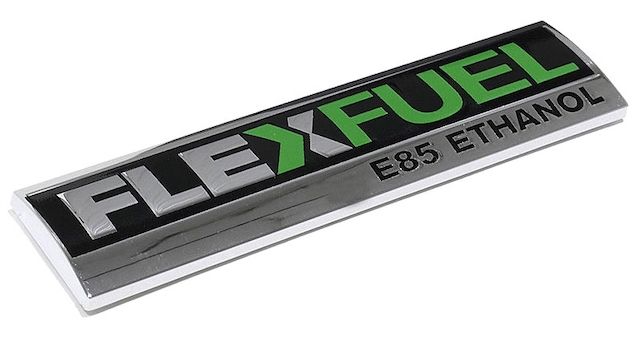
Toyota’s Entry Into Flex-Fuel Models
The Advantages of Owning a Flex-Fuel Vehicle
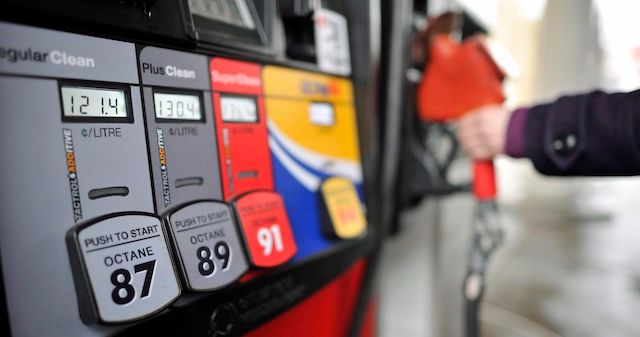
The Disadvantages of Owning a Flex-Fuel Vehicle
Related Posts
with steel grade of Low Carbon Steel, Medium Carbon Steel, Alloy Steel etc.
Technical Standards as ASTM A213
Generally, these SS Boiler Tubing, the smaller diameter tubes and the thick wall tubes of larger diameters are supplied as cold drawn and subsequently they are heat treated. Boiler SS Tubes are available in various and also in custom-made sizes and shapes at affordable rates to our esteemed clients.
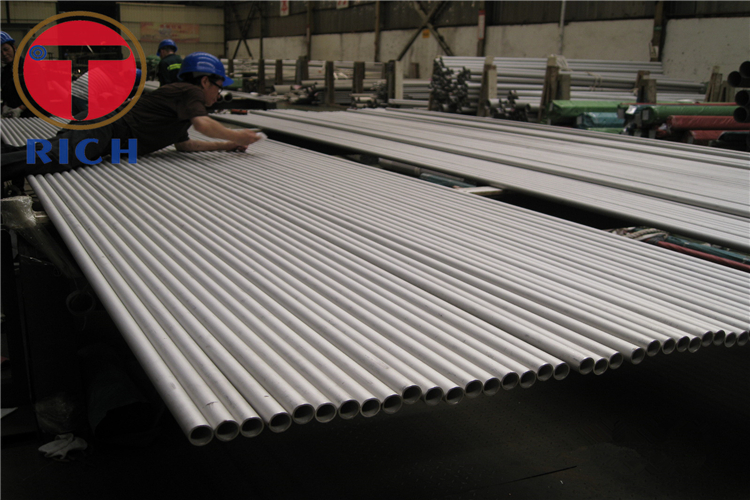
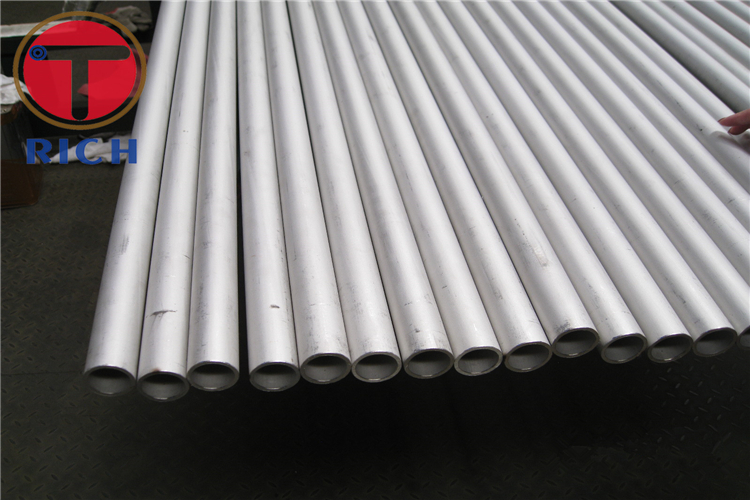
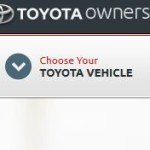 Toyota Owners Online, The Best Place For Toyota Owners To Be!
Toyota Owners Online, The Best Place For Toyota Owners To Be! 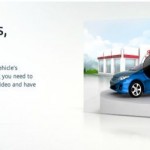 Your Guide To Toyota’s New Owner’s Website
Your Guide To Toyota’s New Owner’s Website 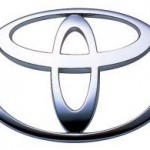 Toyota And Honda Face-off
Toyota And Honda Face-off 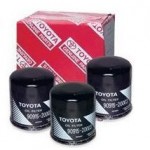 Signs You’re Dealing With A Good Toyota OEM Parts Dealer
Signs You’re Dealing With A Good Toyota OEM Parts Dealer 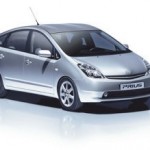 Prius Shortage
Prius Shortage  New Electric Car Revealed
New Electric Car Revealed